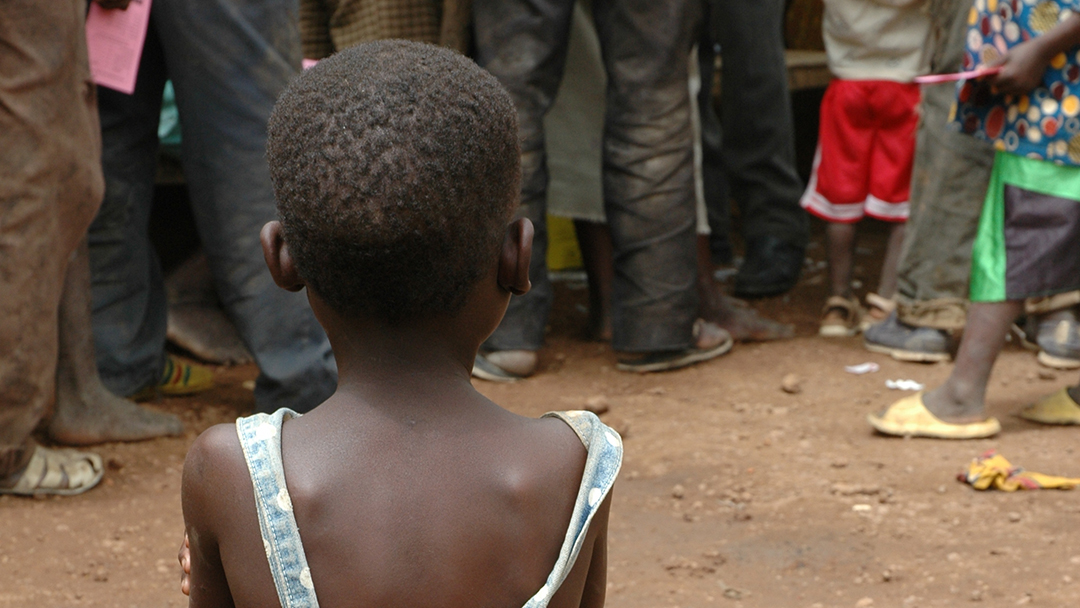SSNSS
South Sudan Nodding Syndrome Study

Objective
The study aims to gain insight into the etiology of nodding syndrome, as well as add to the knowledge gaps about risk factors, prevalence, incidence and progression of the disease. The study will also educate local health care centers on how to improve prevention strategies.
Description
Nodding Syndrome (NS) is an unexplained neurological illness that has been reported in three African countries (Uganda, South Sudan and Tanzania) and mainly affects children for the first time when they are between 5 and 15 years of age. NS is characterized by head-bobbing spells. The onset of the spells is often followed, years later, by other types of seizures, growth faltering and cognitive deterioration. There is an urgent need for more detailed investigation into NS in order to address the outstanding questions with respect to prevalence, natural history and aetiology. The findings of this study will be critical for health care providers to plan and improve their NS treatment and preventive programs.
Partners
AIGHD
AMC
HealthNet TPO
Royal Institute for the Tropics (KIT)
University of Juba
University of Antwerp
Local partners:
MACDA
DCDC
Funders
Ministry of Foreign Affairs, Netherlands
Countries
South Sudan
